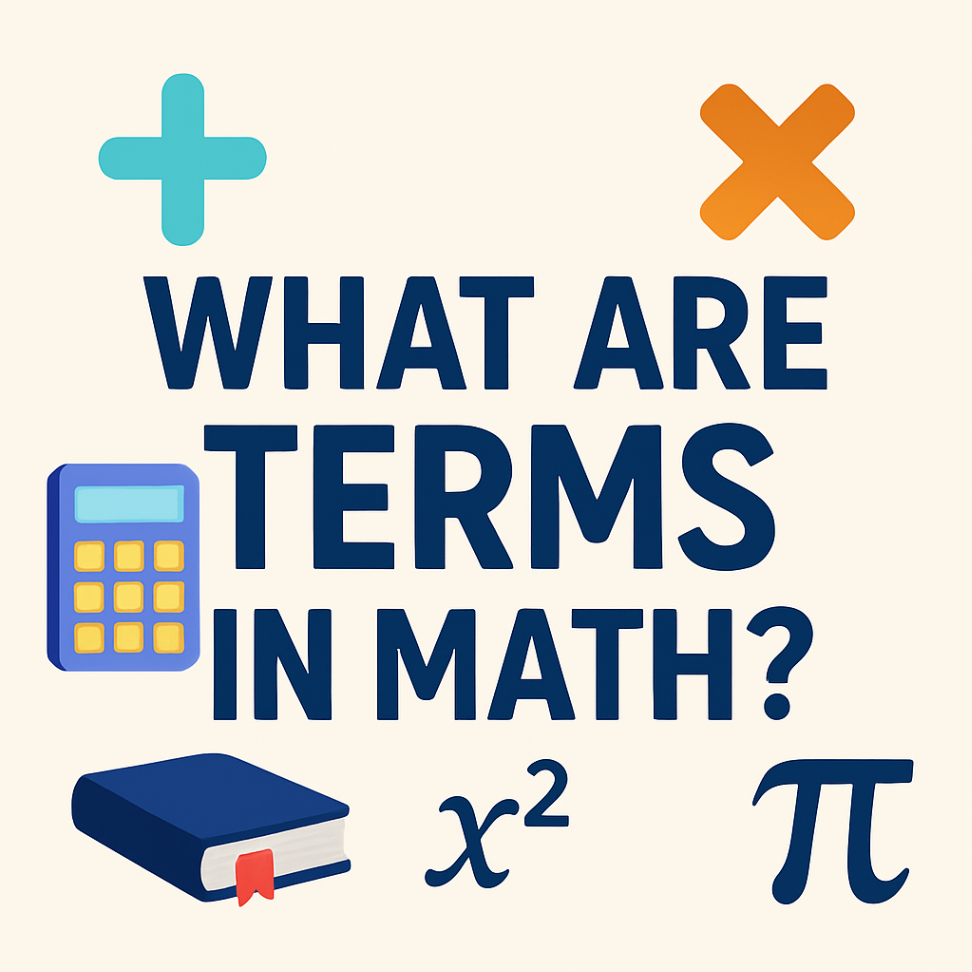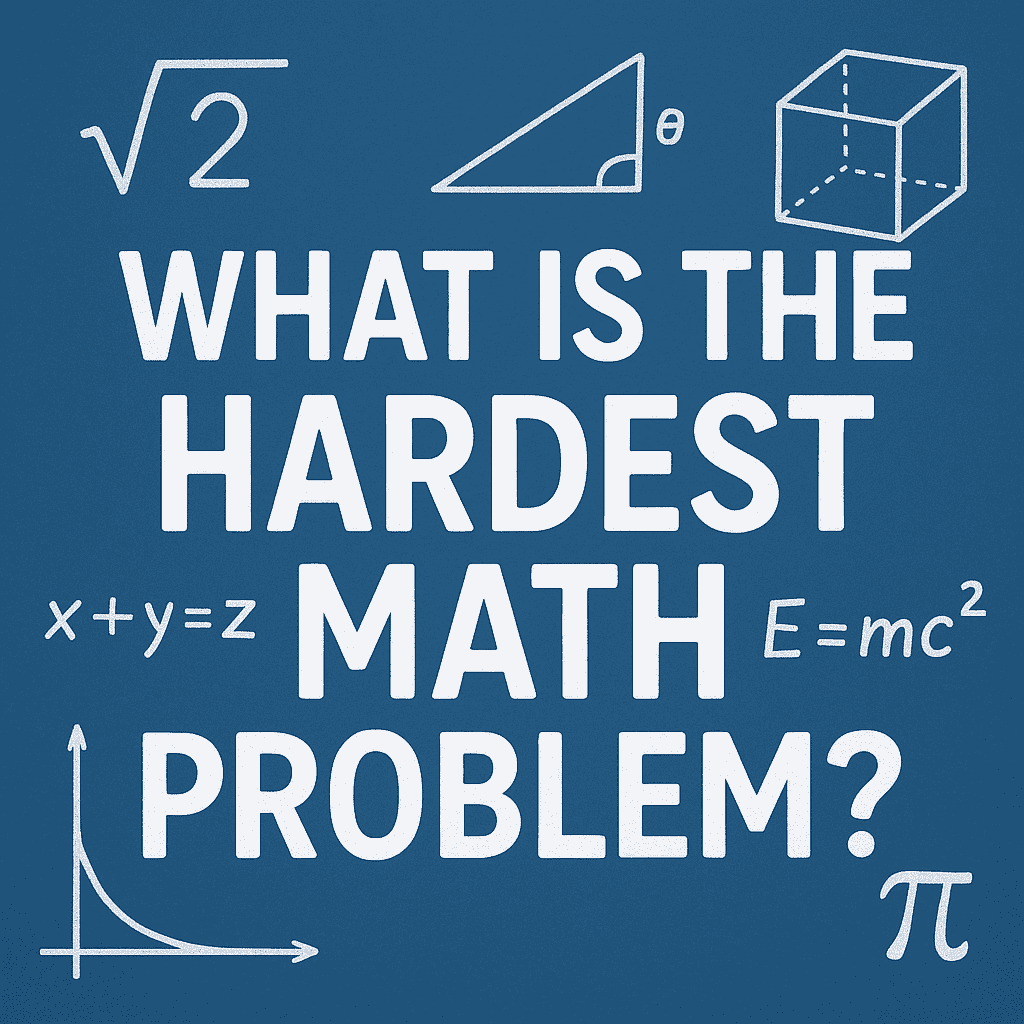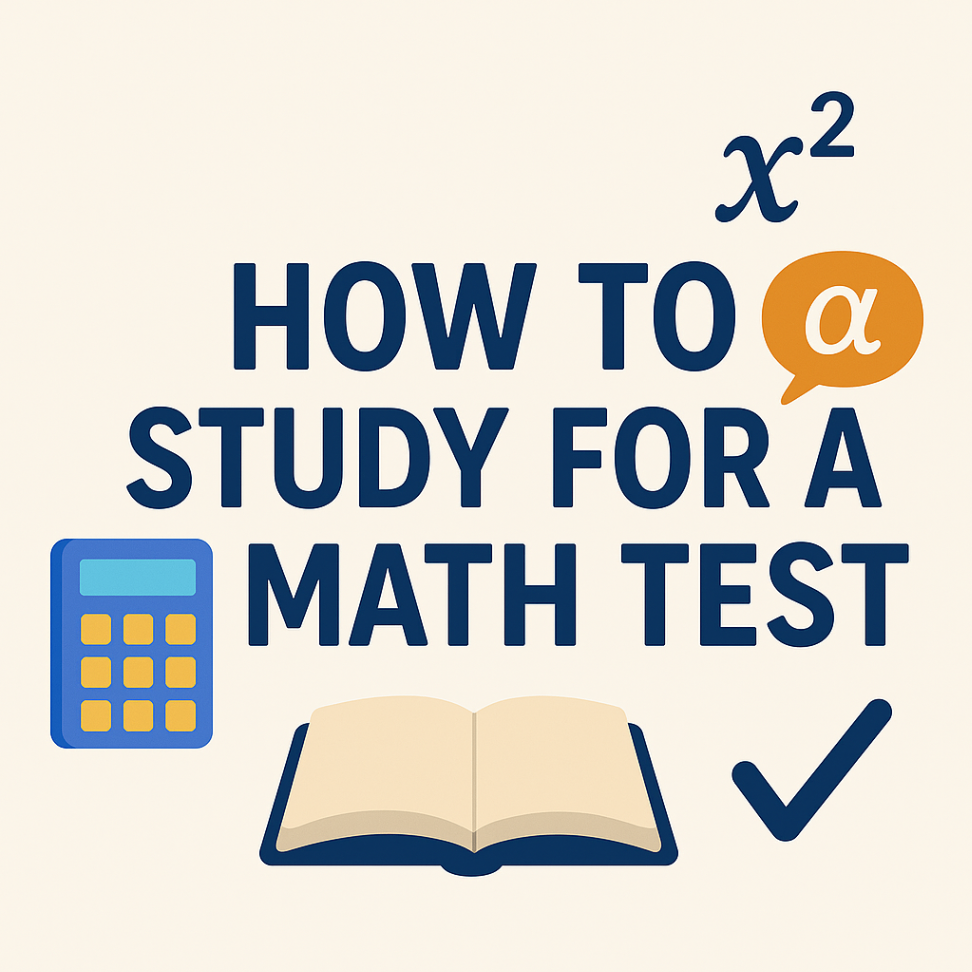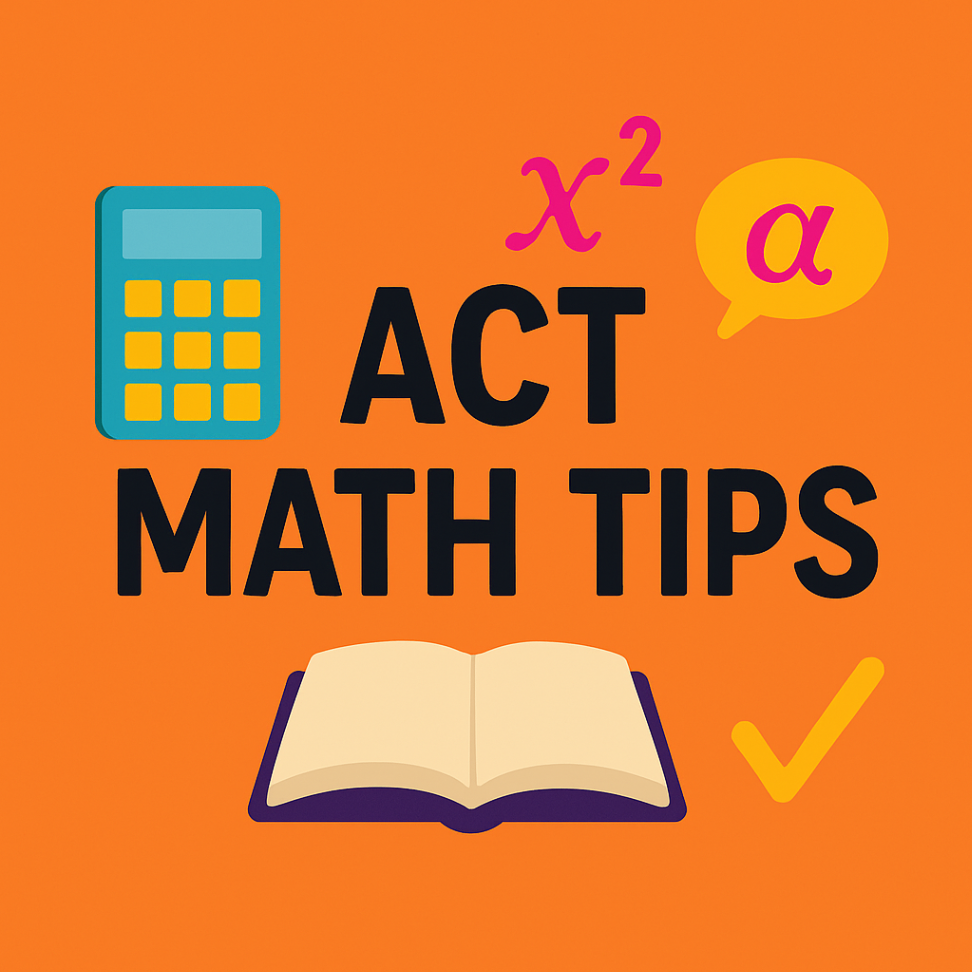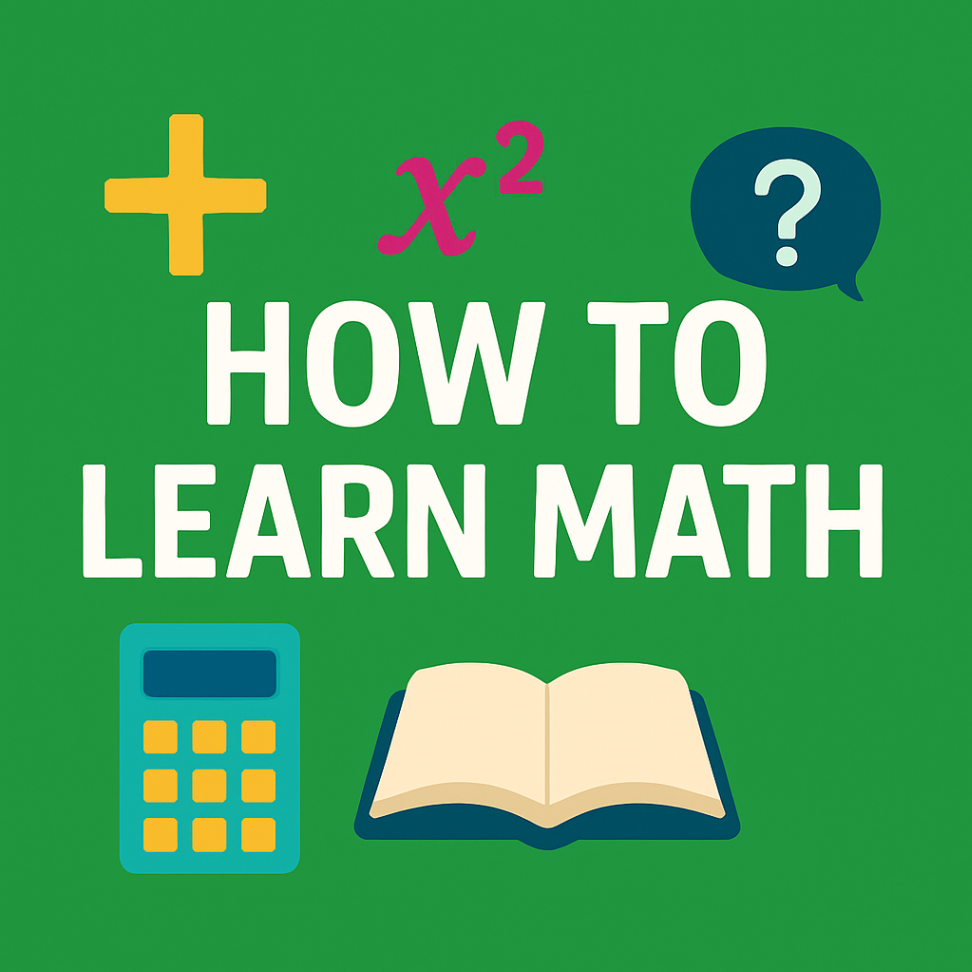Table of contents
- What Are Terms in Math: The Basic Definition
- Understanding What Are Terms in Math Expressions
- What Are Variable Terms in Math
- What Are Constant Terms in Math
- What Are Terms in a Math Problem: Real-World Applications
- Different Types of Terms You Should Know
- How to Identify Terms in Complex Expressions
- Common Mistakes Students Make with Terms
- Tips for Mastering Mathematical Terms
- Why Understanding Terms Matters for Your Math Success
Have you ever looked at a math expression and wondered what those individual parts are called? Understanding what are terms in math is fundamental to succeeding in algebra and beyond. Whether you're a high school student just starting with algebraic expressions or a college student reviewing the basics, mastering mathematical terms will make solving equations much easier.
In this comprehensive guide, we'll break down everything you need to know about mathematical terms, from basic definitions to advanced applications that will boost your confidence in math class.
What Are Terms in Math: The Basic Definition
What are terms in math? Simply put, a term is any single mathematical expression that can be a number, a variable, or a combination of numbers and variables multiplied together. Terms are the building blocks of algebraic expressions and equations.
For example, in the expression 5x + 3y - 7, there are three terms:
- 5x (first term)
- 3y (second term)
- 7 (third term)
Each term is separated by addition or subtraction signs, making them distinct components of the larger mathematical expression.
Understanding What Are Terms in Math Expressions
What are terms in math expressions becomes clearer when you see how they work together. Mathematical expressions are like sentences made up of the term "words." Each term contributes to the overall meaning and value of the expression.
Consider the expression 4x² + 2x - 8:
- 4x² is a term containing a coefficient (4), a variable (x), and an exponent (2)
- 2x is a term with a coefficient (2) and a variable (x)
- 8 is a constant term
Understanding how to identify these components helps you manipulate expressions more effectively, whether you're simplifying, factoring, or solving equations.
What Are Variable Terms in Math
What are variable terms in math? Variable terms are terms that contain one or more variables (letters that represent unknown numbers). These terms can change value depending on what number the variable represents.
Types of Variable Terms:
Single Variable Terms:
- 7x (coefficient 7, variable x)
- -3y (coefficient -3, variable y)
- z (coefficient 1, variable z)
Multi-Variable Terms:
- 5xy (coefficient 5, variables x and y)
- -2abc (coefficient -2, variables a, b, and c)
- 4x²y³ (coefficient 4, variable x squared, variable y cubed)
Variable terms are essential for representing real-world problems mathematically. For instance, if you're calculating the cost of buying x notebooks at $3 each, the variable term would be 3x.
What Are Constant Terms in Math
Constant terms are terms that contain only numbers – no variables. These terms have fixed values that don't change regardless of what happens to other parts of the expression.
Examples of Constant Terms:
- The number 5 in the expression 3x + 5
- The number -12 in 7y² - 12
- The fraction 2/3 in x + 2/3
Constant terms often represent known quantities in word problems. If you have $20 in your wallet (a fixed amount), this would be represented as a constant term in your mathematical expression.
What Are Terms in a Math Problem: Real-World Applications
Terms in a math problem become meaningful when you see how they apply to everyday situations. Let's explore some practical examples:
Example 1: Shopping Scenario
If notebooks cost $2 each and you buy x notebooks, plus you have a $5 discount coupon:
- Expression: 2x - 5
- 2x is the variable term (cost depends on quantity)
- 5 is the constant term (fixed discount amount)
Example 2: Geometry Problem
For a rectangle with length x and width y, if you want to find the perimeter plus an additional 10 units:
- Expression: 2x + 2y + 10
- 2x and 2y are variable terms
- 10 is the constant term
When working with complex problems, try using a Math AI Solver to verify your identification of terms and check your work.
Different Types of Terms You Should Know
Like Terms vs. Unlike Terms
Like Terms: Terms with identical variables and exponents - 3x and 7x are like terms - 5y² and -2y² are like terms - 4xy and 9xy are like terms
Unlike Terms: Terms with different variables or exponents - 3x and 7y are unlike terms - 5x² and 5x are unlike terms - 4xy and 4x are unlike terms
Special Classifications
Monomial: An expression with exactly one term - Examples: 5x, -3, 7xy²
Binomial: An expression with exactly two terms - Examples: 3x + 4, 5y - 2x
Trinomial: An expression with exactly three terms - Examples: x² + 5x + 6, 2a - 3b + 7
How to Identify Terms in Complex Expressions
When working with more complicated expressions, follow these steps:
- Look for addition and subtraction signs that separate terms
- Remember that multiplication and division within a term don't create separate terms
- Pay attention to negative signs – they belong to the term that follows
- Group coefficients with their variables
Practice Example:
In the expression 8x³ - 4xy + 2y² - 9: - Term 1: 8x³ - Term 2: -4xy - Term 3: 2y² - Term 4: -9
Common Mistakes Students Make with Terms
Mistake 1: Confusing Operations
Remember: 6xy is ONE term (multiplication), but 6x + y is TWO terms (addition).
Mistake 2: Mishandling Negative Signs
In -5x + 3, the terms are -5x and +3, not 5x and -3.
Mistake 3: Forgetting Invisible Coefficients
In the term x, the coefficient is 1 (written as 1x), not zero.
Tips for Mastering Mathematical Terms
- Practice identifying terms daily with different types of expressions
- Use color coding to highlight different terms when studying
- Create flashcards for different term types and their definitions
- Work through word problems to see how terms represent real situations
- Study with classmates to explain concepts to each other
When preparing for assessments that involve identifying terms, it's essential to understand effective study strategies. Learn more about how to study for a math test to develop comprehensive preparation techniques that will help you succeed in algebra and beyond.
Why Understanding Terms Matters for Your Math Success
Mastering what terms are in math provides the foundation for:
- Simplifying algebraic expressions
- Solving linear and quadratic equations
- Understanding polynomial operations
- Success in calculus and advanced mathematics
- Better performance on standardized tests
When you can quickly identify and work with terms, complex mathematical problems become much more manageable. This skill will serve you well throughout your academic journey and in any future career involving mathematics or analytical thinking. For students preparing for standardized tests, understanding terms is particularly crucial for success on the ACT Math section.
Conclusion
Understanding what are terms in math is crucial for academic success in mathematics. From recognizing what are variable terms in math to identifying what are constant terms in math, these fundamental concepts form the backbone of algebraic thinking.
Remember that terms are simply the individual components of mathematical expressions, each playing a specific role in representing mathematical relationships. Whether you're dealing with what are terms in math expressions in your homework or encountering what are terms in a math problem on an exam, the key is consistent practice and application.
Keep practicing with different types of expressions, and don't hesitate to use available resources like online tools to reinforce your understanding. With time and practice, identifying and working with mathematical terms will become second nature, setting you up for success in all your future math courses.
Frequently Asked Questions
What is the difference between a term and a factor in math?
A term is a complete mathematical expression or part of an expression separated by addition or subtraction signs (like 5x or -3). A factor, on the other hand, is a number or variable that is multiplied to create a term. For example, in the term 6xy, the factors are 6, x, and y, while 6xy itself is the complete term.
How many terms can a mathematical expression have?
A mathematical expression can have any number of terms. A monomial has one term (like 7x), a binomial has two terms (like 3x + 5), a trinomial has three terms (like x² + 2x + 1), and polynomials can have four or more terms. There's no mathematical limit to how many terms an expression can contain.
Can a term have more than one variable?
Yes, absolutely! A term can contain multiple variables multiplied together. Examples include 4xy (two variables), 3abc (three variables), or 2x²y³z (three variables with different exponents). These are still considered single terms because the variables are connected by multiplication, not addition or subtraction.
I'm struggling with math concepts beyond just terms. How can I improve my overall math skills?
Understanding terms is just the beginning of mathematical success. If you're finding math challenging overall, consider exploring comprehensive strategies for how to learn math effectively. This includes developing strong foundational skills, practicing regularly, using multiple learning resources, and seeking help when needed. Building confidence with basic concepts like terms will definitely help with more advanced topics.

